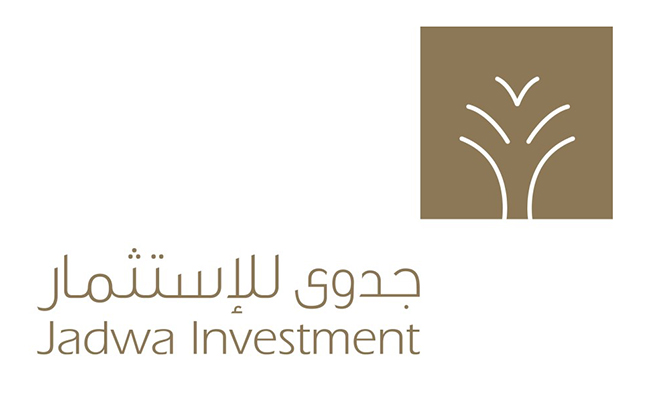Looking out into 2021, while there is still a considerable degree of uncertainty as a result of the prevalence of COVID-19 and its potential impact on the non-oil economy, we nevertheless expect a broad-based recovery. Our forecast assumes between 15-20 percent of the adult population being vaccinated against COVID-19 by mid-2021, and 70 percent by year end. As such, we see a quarter-on-quarter improvement in the Saudi non-oil economy, with this recovery being more vigorous in the second half of 2021.
More specifically, we see an expansion in the ‘Wholesale & Retail, Restaurants & Hotels’ sector, especially as restrictions around social distancing are gradually relaxed and there is a steady pick-up in entertainment and domestic tourism activities. At the same time, we also see the ‘Construction’ and ‘Transport, Storage & Communication’ sectors contributing to growth. In construction, the sector should continue benefitting from work on a number of Public Investment Fund’s (PIF) mega-projects. In transport, the economic benefits from the completion of SR87 billion worth of projects during the year will help push sectorial GDP up. Included within this is the much anticipated Riyadh metro, as well as the Riyadh Rapid Bus Transit System.
Last year, the Kingdom’s strict adherence to OPEC and partners (OPEC+) crude oil production targets most likely pushed the oil sector’s share in total GDP to the lowest level on record. Looking ahead, a unilateral reduction in oil output by the Kingdom during most of Q1 and continued compliance with the OPEC+ agreement will not help raise the sector’s contribution by a huge amount in 2021. That said, some growth is expected to come from the opening of the Jazan refinery. Additionally, the full year effects from the Fadhili gas complex and an expansion of the Hawiyah gas processing plant will also contribute to oil sector growth.
On the fiscal front, we estimate that higher yearly oil prices and the continued payment of dividends by Aramco will raise government oil revenue to SR491 billion. At the same time, we expect non-oil revenue to be effectively flat on a year-on-year basis, at around SR360 billion, taking total government revenue to SR851 billion in
- With expenditure expected to decline by 7 percent year-on-year to SR990 billion, as per the recent budget statement, we see the fiscal deficit narrowing to -SR139 billion or -4.8 percent of GDP. Meanwhile, the government expects to issue additional new debt to the equivalent of SR83 billion, pushing total public debt to SR937 billion (32.8 percent of GDP) at the end of 2021.
A strong level of growth in the non-oil sector will do enough to keep imports at decent levels, albeit below pre-pandemic levels. At the same time, a year-on-year increase in both oil and non-oil export revenue should push the current account to a surplus of 2.5 percent of GDP. All of this will help push foreign exchange (FX) reserves up, although they will remain below USD500 billion, according to our forecasts.
Provisional full year GDP data for 2020 showed that the economy contracted by -4.1 percent, with a sizable decline expected in the oil sector (latest available data to Q3 2020 showed a -6 percent decline year-on-year), while the non-oil sector dropped by -2.9 percent in the year-to-Q3, compared to the same period last year. Looking ahead, we see overall GDP in 2021 rising by 2.1 percent year-on-year, with both the oil and non-oil sectors contributing to the rebound in growth. More specifically, we expect oil sector GDP to see mild rises of 1.3 percent with the lion’s share of growth being driven by the non-oil sector, which we forecast will rise by 2.7 percent year-on-year.
Overall, it is worth noting that the range of potential effects of COVID-19 on the Kingdom’s economy still remain uncertain at this moment. The main risk in the outlook comes from a more prolonged and serious outbreak of a second wave of COVID-19, possibly through a variant of the disease, or due to a slower rollout of the vaccine than currently anticipated. In this context, the recovery in the Saudi economy during the year will not be smooth, with the recent suspension of recreational activities illustrating this point. As such, all economic risks are wholly skewed to the downside.


COMMENTS